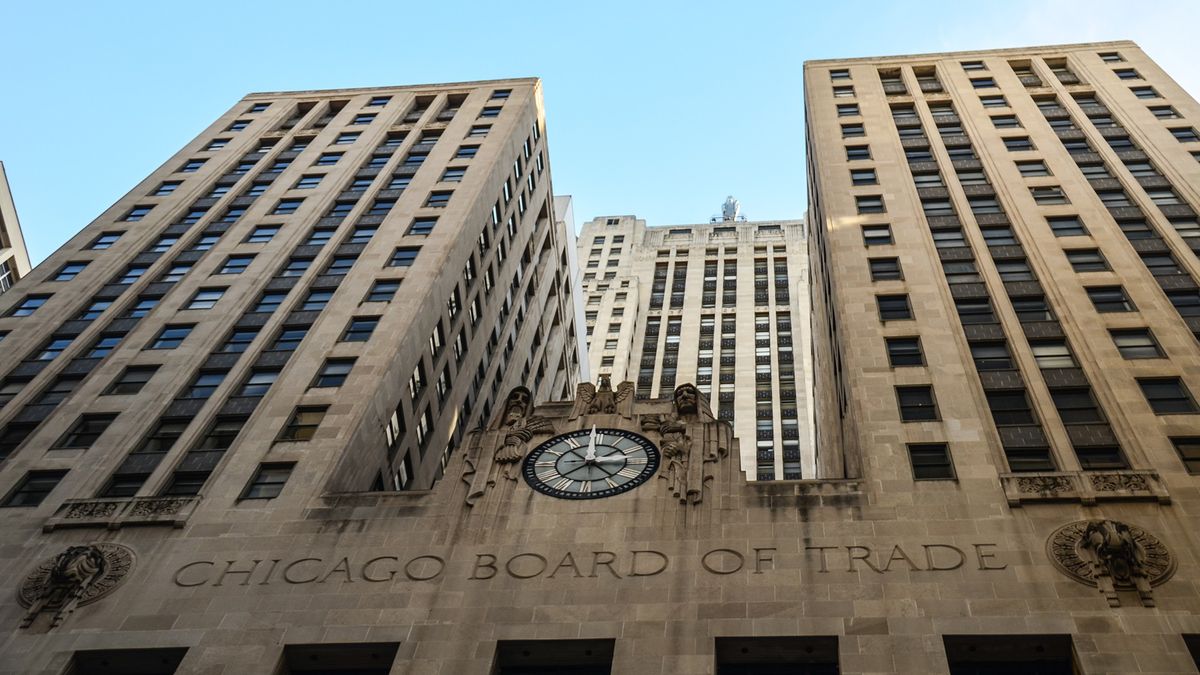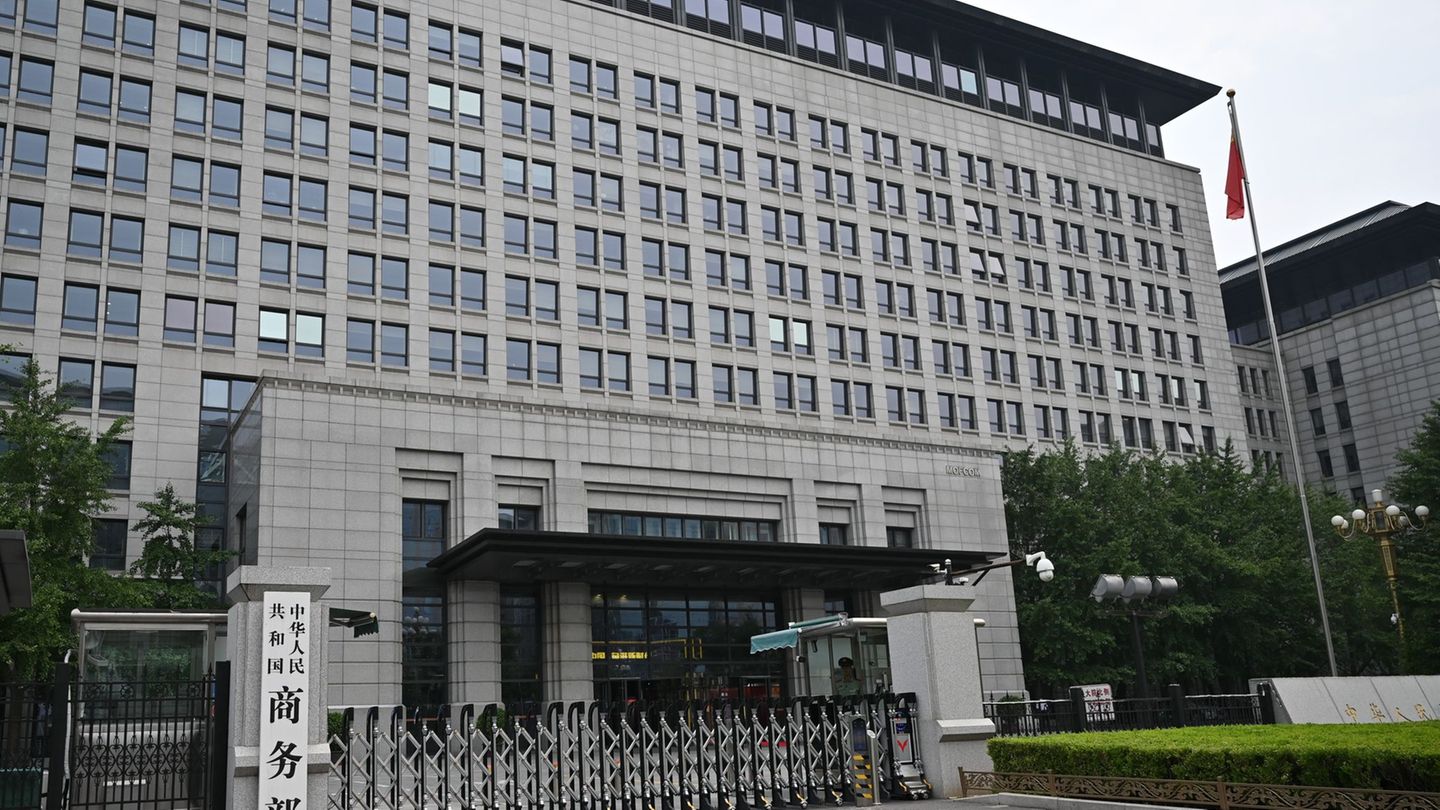The surprising practices that arise from this esoteric apostasy mean that almost no financial product rated by a Rating Agency needs to be scientifically justified or validated in order to go on sale and raise money from individuals and organizations.
Thus, in the markets we see the subjective impulses that unleash greed, the greed for decent and dishonest gains, which reflect the extreme alienation that money produces. In economics, money is also desired, because it is a means to obtain other things. In finance, however, money is a good in itself, which functions as a magnetic iron without limit for human ambition.
The perfect solution for limitless ambition
Financial creatives use that limitless desire for moneyand turn them into instruments that allow small money to generate more small money without any productive process intervening in the environment. In turn, the derivative accepts one risk over another risk by opening up the possibility of making money if the price of a future rises or falls. Taking risks, it becomes independent of the real course of the values of the commodities in the real economy of “main street”. What collapses in financial crises is a house of cards of contracts that express an uncertain hope built and accumulated since the recent past. During financial crises, what collapses is the structure of promises on which financial profit is based.
When liquidity disappears, everything collapses. Markets go crazy and, for example: CDO and CDS. (CDO*) Collateralized Debt Obligation or Obligations collateralized debt, archetypal of credit derivatives. (CDS**) Credit Default Swapcontract where an investor pays a premium to a “protection seller”-usually a bank, insurance company or hedge fund, in exchange for “shielding” it against default on a bond or loan.
When doing a technical analysis on the financial security provided by these products, the traditional analysis under the basic rules, cause and effect relationship, between prices and fundamentals, with that and everything, is avoided. Traders rely on their screens with Japanese candlestick chartsprevious price movements and use them as a predictive tool to make decisions about what will happen in the future. From beginning to end, this tool is no different from tarot, cartomancy or astrology, throwing unverifiable conclusions, trying to reach a mode of knowledge different from scientific knowledge, escaping the minimum standards imposed by research. It frequently concludes, with “we didn’t see it coming”the results did not accompany. Reality does not correspond to the supposedly infallible calculations.
The risks ahead
A way to be on alert and become aware of the next accomplice of the brutal financialization of recent months in Argentinais to consider the CDS and, let’s add the “vulture funds” or vulture funds. This last concept refers to investment funds that seek to buy distressed assets, such as high-yield bonds that are in default or close to default. The goal is to “get in” and acquire undervalued securities that are perceived as oversold in order to making high-risk bets with high potential reward.
We could then write many pages to show how these procedures using instruments, such as the CDO, were instrumental in the mortgage collapse 2007-2008. But let’s focus on the CDS. Bankers, physicists, mathematicians, financial engineers, traders and investors, and policy makers from the developed world who in previous years increased market liquidity, but in the same directionone day they noticed the danger of the CDO´s. For balance the risk and at the same time increase liquidity, they designed this kind of insurance policy, which protects investors against adverse events that involve a direct risk.
The contract of CDO It links two parties (one is the one that groups the underlying products such as thousands of mortgages in the US), the other (the investors or banks that buy the CDO to sell in their markets, as were the European banks that invested by buying them and “trading them” or marketing them).
There is another derivative contract that involves a third party (again banks, insurers, investors) that, in the event that there is a default on payments is similar to a standard insurance policy. The most dangerous thing is that CDS are purely speculative and their contract does not involve an investment in underlying assets. They have a life of their own. They occur as a new piece of paper (CDS) that insures another piece of paper (CDO) that holds underlying assets, sometimes dubious, such as those containing subprime mortgages mixed with virtuous mortgages.
Having a life of its own, the CDS is more than a hedge. It can become an instrument for betting on the risk that is emerging from an obligation in private securities or bonds, or sovereign debt. They are interested in an eventual default. “Short sale” swaps, renting securities and then buying them back at a discount, for their subsequent return, are part of a specific operational tactic. Paradoxically, the demand for coverage increases when the risk of payment of the CDO begins to grow; ignoring that, the more failure there is to cover, the possibility of default also increases. “the default protector” cannot pay what was agreed.
As we said, CDS are very much like an insurance policy, where the hedge holders of the assets at risk, which could well be public and private Argentine titlescould bet on a possible default and, therefore, play against the titles, benefiting from the default from which they are protected, given the small magnitude that Argentine debt represents in the global market.
International or local ambitions of finance are free from all negligence, so they could feel encouraged to Promoting the subjectivity that precedes a debt crisisas long as the objective conditions are met.
An appearance of vulnerability is a situation that very few nations can withstand, so the proper way to make money is to get ahead of a possible defaultwhich, together with falling prices and policyholder profits, provides a phenomenal incentive for vulture funds to “ultimately” buy at the bottom, ready to litigate, in jurisdictions that are largely favorable to them.
We must understand that the stage we are entering contains infinite dangers, given that in all this there are no limitations marked by the ethics and morals of the different types of markets. With this course, there is no way to contain this risk of appropriation of Argentine wealth in a predatory manner, when the individualistic logic of financial dominance is mobilized, oriented towards particular interest. The attraction of massive wealth that can be grant a default to a few financial groupsbecomes more important when one looks at the background in 2001 and 2016.
Amateurism or unspeakable issues?
A photograph of the Argentine Minister of Finance jumping with open arms to hug someone who cannot be seen, in the portrait inside a hotel, went around the world in 2016. We had never seen smile at Alfonso Prat Gay, But this time it came from an agreement with the vulture funds. The markets immediately offered us US$ 67 billion at an average annual rate of 7.5%this was more than 7 times what we needed to pay the remaining debt of the holdouts or vulture funds. In the end they were paid US$ 9.3 billionfor which they borrowed US$ 16.5 billionsome US$ 7.3 billion more.
– What was the point of taking out non-staggered loans? – The placement could have been regulated, waiting only a few days, a few months, until the country risk dropped (let’s say instead of taking out 7.5%, do it at 5%). If the reduction were greater, the annualized savings would have been much greater. The risk rating agencies immediately raised Argentina’s rating, because it was already a reliable country, and the investor appetite for Argentine bonds proved to be very high. As he explained, Dujovne to investors, in a public interview, there was no longer any danger, We had a very low debt/GDP ratio.
Financial gains
There are different types of financial incentives to reward performance and recognize successes achieved. Some have to do with compliance, and others, as we have just described, with “non-payment” or “default”. For some time now, there has been a speculative bet in the system that transcends all previous financial rationalities, and it is based on the certainty that some of those who contract will not comply. This allows one or more interest groups, including law firms, make huge sums of money when someone doesn’t pay.
The CDS and vulture funds bear considerable responsibility for the financial collapse of some nations. Although these practices constitute a completely legitimate way of making money from default, the contracts are more than advantageous. Contracts that rely on debt default They constitute the total transformation of capitalism as it was conceived. In this mutation, a lot of money can be made from strategically identifying the probability that a promise to pay may be broken.
He CDS and vulture fundsare the means to erode the basis of contracts and to have a profit never before imagined, which is based on identifying the growing potential for non-compliance. Schumpeterian creative destruction is devastating when it is financial. This article draws back a veil of concern for the reader, to the extent that, in 2016, creditors have found a country that not only pays in international courts “what Griesa says”, plus other juicy fees to lawyers, but also previously finds traders on wall streetcompletely denationalized, like today’s millionaires, who in 2001 bet against the securities of their own country.
Director of the Esperanza Foundation. https://fundacionesperanza.com.ar/ Professor of Postgraduate Studies at UBA and Masters in private universities. Master in International Economic Policy, PhD in Political Science, author of 6 books, @pablotigani
Source: Ambito
David William is a talented author who has made a name for himself in the world of writing. He is a professional author who writes on a wide range of topics, from general interest to opinion news. David is currently working as a writer at 24 hours worlds where he brings his unique perspective and in-depth research to his articles, making them both informative and engaging.




